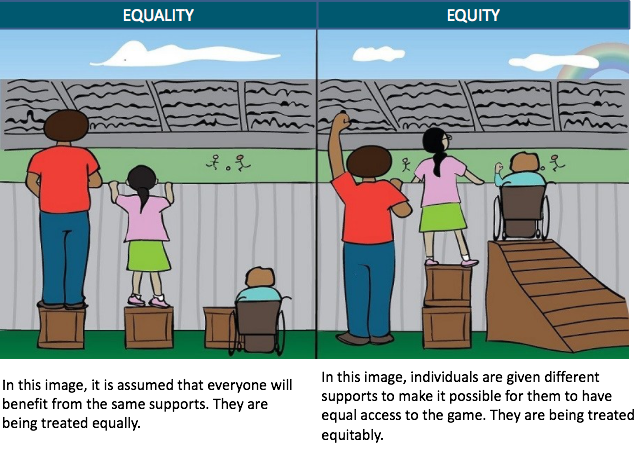

 Why Equity Matters
Why Equity Matters
As an organization committed to enabling people to live their absolute best lives, we will continue to focus efforts on improving equity and outcomes for vulnerable populations. It’s essential to acknowledge that people of color are disproportionately negatively impacted and experience later autism diagnoses, misdiagnosis, and longer delays from diagnosis to accessing care (see the CDC’s 2020 Community Report on Autism).
Equally important, there continue to be many people on the autism spectrum who need services and support and deserve equitable access to culturally sensitive care. Equitable evaluation and diagnosis as early as possible can help people be connected to the services they need. Access to medical treatment and services, issues around education, suspension rates, and safety are a few of the issues we acknowledge these issues and try to work together to overcome.


